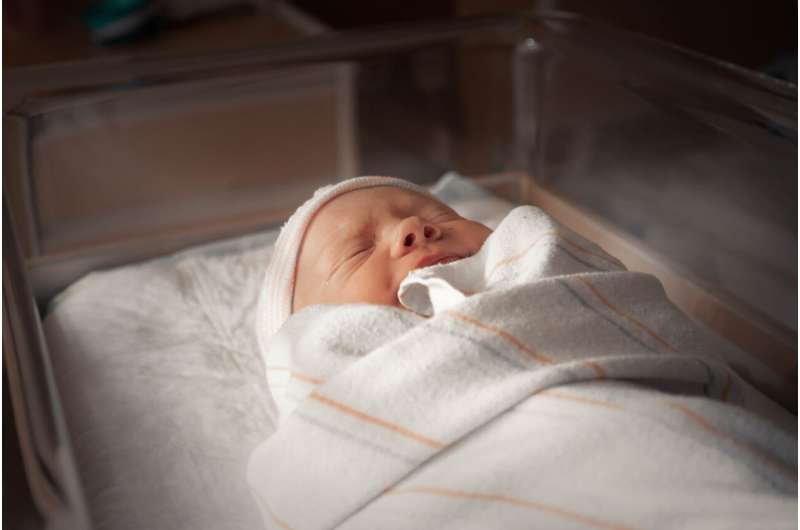Innovative Monoclonal Antibody Treatment Significantly Reduces Hospitalizations in Infants with Bronchiolitis

A groundbreaking study reveals that a single dose of the monoclonal antibody nirsevimab can reduce bronchiolitis hospitalizations in infants under six months by nearly half, highlighting a new preventive approach against RSV infections.
Recent research has demonstrated that a single dose of the long-acting monoclonal antibody, nirsevimab, can cut the rate of hospitalizations among infants under six months suffering from bronchiolitis by approximately 50%. This promising finding stems from a comprehensive study conducted across European countries, including Catalonia in Spain, the United Kingdom, and Italy. The study, published in The Lancet Regional Health—Europe, was led by Dr. Danilo Buonsenso of the Catholic University of the Sacred Heart alongside a team of international collaborators.
Bronchiolitis is an acute viral respiratory infection predominantly affecting infants during their first year of life, especially between November and March. It is mainly caused by the respiratory syncytial virus (RSV), which can lead to severe complications like respiratory failure in vulnerable infants. Other viruses such as metapneumovirus, coronavirus, rhinovirus, adenovirus, influenza, and parainfluenza may also cause bronchiolitis, primarily transmitted through contact with infected secretions.
The study analyzed data from 68 hospitals in Catalonia and five hospitals across the UK and Italy. Results indicated that in Catalonia, where nirsevimab was introduced in 2023-2024, hospital admissions for bronchiolitis in children under six months dropped almost in half compared to previous seasons. Emergency room visits also declined significantly in this age group. Conversely, no notable reductions were observed in regions where the treatment had not been implemented.
The effectiveness of nirsevimab was most pronounced among the youngest infants, highlighting its potential as a preventive measure during the initial months of life. Researchers emphasize that larger, coordinated international studies are necessary to evaluate the long-term economic viability of widespread adoption of this therapy.
This research marks a significant advancement in the fight against RSV and bronchiolitis, offering a viable strategy to reduce severe disease burden among the most vulnerable infants. The study underscores the importance of tailored prevention strategies in healthcare, especially during peak respiratory infection seasons.
Stay Updated with Mia's Feed
Get the latest health & wellness insights delivered straight to your inbox.
Related Articles
High Attrition Rates Among Lesbian, Gay, and Bisexual Medical Students
A new study reveals that lesbian, gay, and bisexual medical students face higher dropout rates, highlighting the need for targeted support services to promote student success amid ongoing disparities.
Early Neonatal Sepsis Linked to Increased Risk of Autism Spectrum Disorder
Infants experiencing sepsis within the first week of life may face a higher risk of developing autism spectrum disorder and ADHD. New research highlights the importance of early infection prevention to support long-term neurodevelopmental health.
Innovative 4D Optical Method Maps Airway Wall Elasticity During Bronchoscopy
A breakthrough 4D optical coherence tomography technique enables rapid, detailed mapping of airway wall elasticity during bronchoscopy, enhancing respiratory diagnostics and treatment planning.



